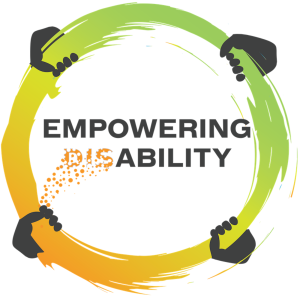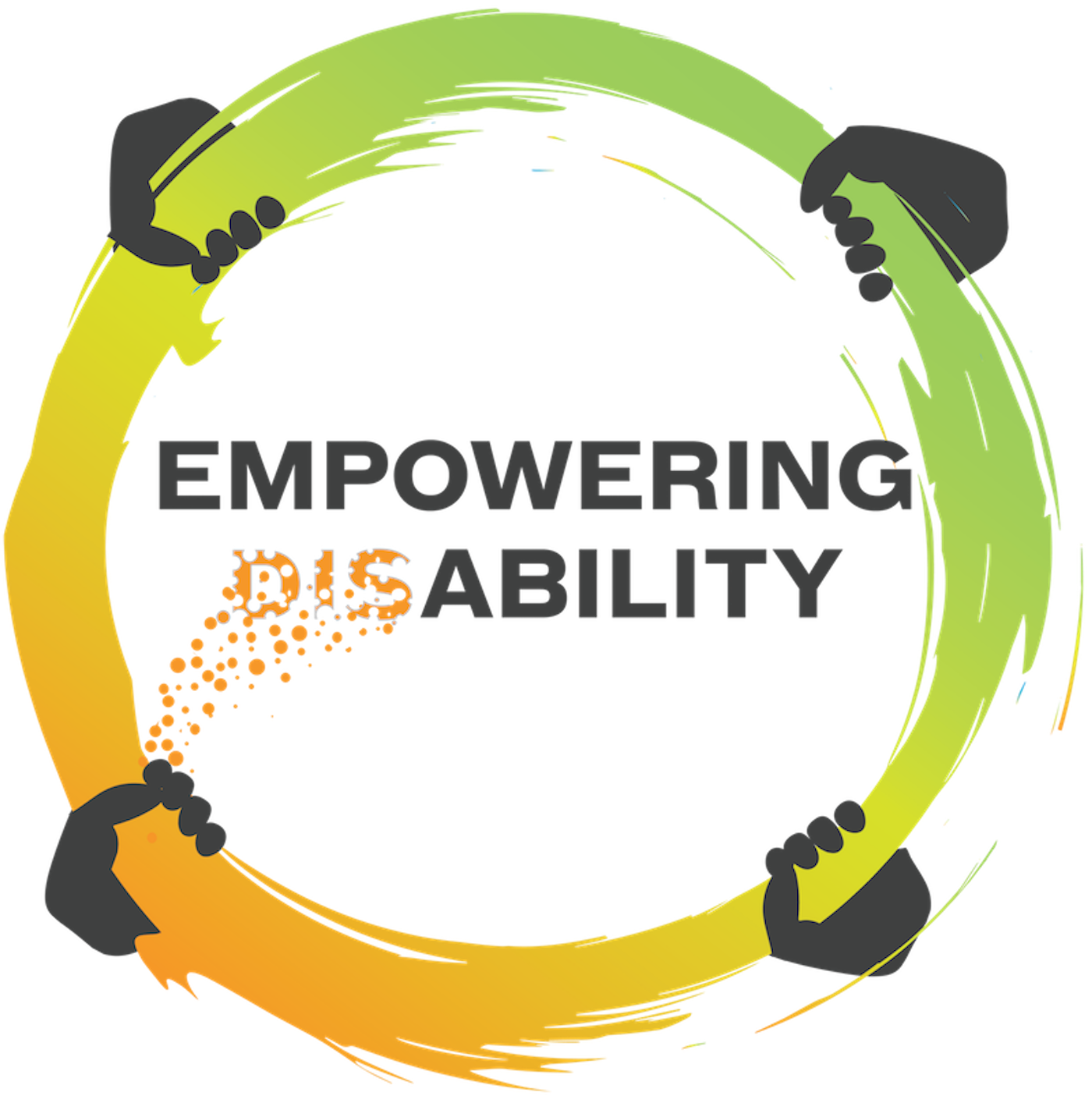Episodes

Tuesday Jun 20, 2017
Tuesday Jun 20, 2017
Guest Ron Pruessen, father to Caroline, who has a developmental disability, member of Opportunities Mississauga, and Chair of the Ontario Developmental Services Housing Task Force. In this episode, Ron has an open conversation with me as a father and gives his personal perspective on housing for people with a developmental disability, rather than speaking for organizations and projects he is involved with.
This is Part 2 of a 6 part mini-series on housing for people with disabilities. We are exploring the housing issue for people with disabilities, new innovative ideas, and success stories from around the globe. Subscribe to the mailing list to get all 6 episodes sent directly to your inbox!
Ron has been advocating for people with disabilities for the last 20 years. He was moved to do something when he, and his wife Alice, found that there weren’t many opportunities for their daughter Caroline, now 40, when she graduated high school. Ron got involved in a family group called Opportunities Mississauga, which now represents about 200 families. Currently, Ron sits at the Partnership Table with the Ontario Provincial Government to voice what is needed in terms of support for people (and families) with a developmental disability. This led to the creation of the Ontario Developmental Services Housing Task Force (Housing Task Force), in 2015, to begin addressing the housing crisis for people with a developmental disability in Ontario. Ron currently serves as the Chair for the Housing Task Force.
As explained in Part 1 of the mini-series on housing, ‘Creating a Home, with Marg McLean’ (Listen Here) – there are 12,000 to 17,000 people in Ontario waiting for housing and the list is growing. I recommend you check out Part 1 as Marg and I explore the elements of creating a home, and I provide a Free Workbook to help guide you through creating your vision.
The Housing Task Force
The Housing Task Force was created by the Ontario Provincial Government, but it is not operated by the government. It is operated at arm’s length by individuals that need support, families, and members support agencies. It was evident that in the past the government wasn't looking outside the box, so the focus has been placed on finding creative solutions. The Housing Task Force was given $3MM in annualized funding, which has funded 18 pilot projects from the 200 proposals submitted. The Housing Task Force is now working closely with the people in the pilot projects to learn what is working, and what isn’t.
Personally, I love that the Ontario Government took an entrepreneurial approach to the problem, and allowed the Housing Task Force to test different ideas. The next challenge will be to fund and scale the housing models that have been proven to be effective in providing people a good life.
Ron shares that in his opinion it is the Government’s responsibility to provide housing and a good life for people with disabilities, just like they do for senior citizens. The Ontario Government didn’t do anything for a long time, but the current government deserves credit for the approach it is taking. However, Ron says there is much more work to be done.
I ask Ron, as a father and someone that is involved with a family group and the housing task force what have you learned along the journey on housing?
Ron shares that for a long time the government has had a limited menu (of housing options). There has been a lot of wonderful ideas at the grassroots level that haven't had the opportunity to come to life. Individuals have been doing the visioning, and they see the possibilities out there.
The most significant example of creativity Ron has seen in is building partnerships. The community can provide the best solutions. Not just because you can mobilize financial resources, but also because you can develop a wealth of opportunities (educational, social, employment), and this is incredibly important. The house (or home) is an important part of the picture, but it isn't the whole solution. Community connections improve quality of life, but the government can't do this, we have to do this.
Examples of partnering with community:
1) Mobilizing resources to launch a project with local governments; cities, towns, and municipalities. (Ex. affordable housing programs and agendas.)
2) Organizations like Habitat for Humanity and building developers contributing resources.
3) Community colleges participating in programs that where there are opportunities to develop friendships.
I ask Ron, knowing what you know now - what are the first steps you would take to put a housing solution in place?
Ron replied, we want to turn to the government but, that isn't a very effective because the government has a lot of demands on it (education, infrastructure, etc.), and there isn't enough money.
Don't just wait and sit around, be proactive, and start community conversations.
What we should have done is build the community connections and relationships that have been effective; local government, social clubs, churches, local agencies, organizations. This is where we started a long time ago, and this is where we are going back to.
I ask Ron, when should you start designing a life with your son or daughter with a disability?
Ron suggested parents should start having these family conversations in the early teenage years. At this age you start to learn who this person is, what they want to contribute, and what their gifts are.
When it comes to housing, it is a long process. Caroline (Ron’s daughter) went on the residential housing support waitlist when she was 16, and they thought it would take about 10 years for her to find a home. 22 years later Caroline was still waiting for an opportunity to emerge.
The simple message is: the earlier, the better.
Tune into the podcast to hear more from Ron about building community, outside of the box thinking, building a whole life, and building relationships.
Ron strongly urges us to keep the pressure on the Government, keep pushing. Talk to your member of parliament, and make it clear that this is a problem. Help these people empathize with your lived experience, because they haven't lived the life. They need to hear our stories.
I thank Ron for coming on the podcast to share his experience and perspective on housing for people with a disability.
I’ve created a FREE workbook to help you create your vision of the best housing solution for you, and to take the first steps toward implementing your solution. Click Here to download the free workbook.
Love & Respect,
Eric
How to Contact Ron Pruessen:
Facebook Page: Click Here
Podcast Resources:
P4P Booklet on Housing Task Force Projects: Click Here
If you received value from this content please leave me a review on iTunes. By leaving a 5 star review on iTunes you make the Empowering Ability Podcast more discoverable, and more families will benefit. Click Here To Leave a Review on iTunes
The Empowering Ability Podcast is available on iTunes and various other apps so that you can listen while on the go from your smartphone!
Click Here To Listen on iTunes


No comments yet. Be the first to say something!